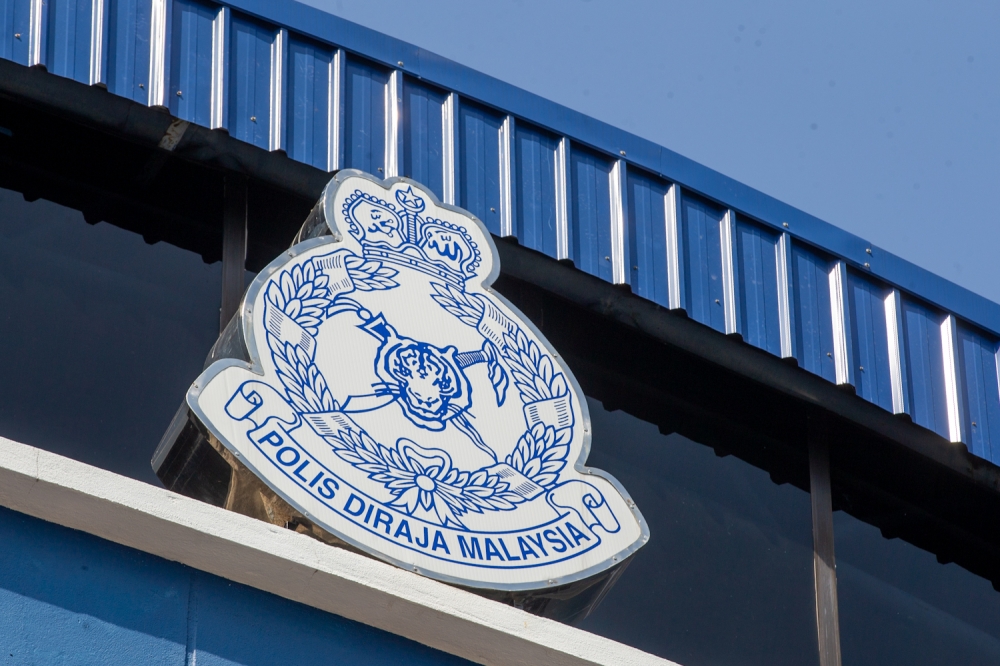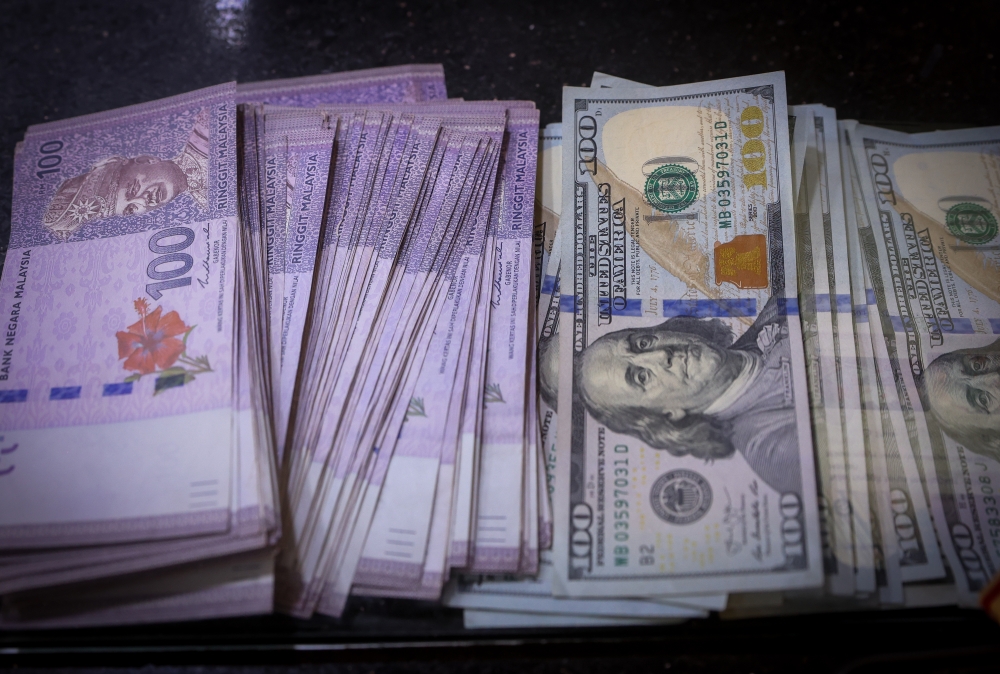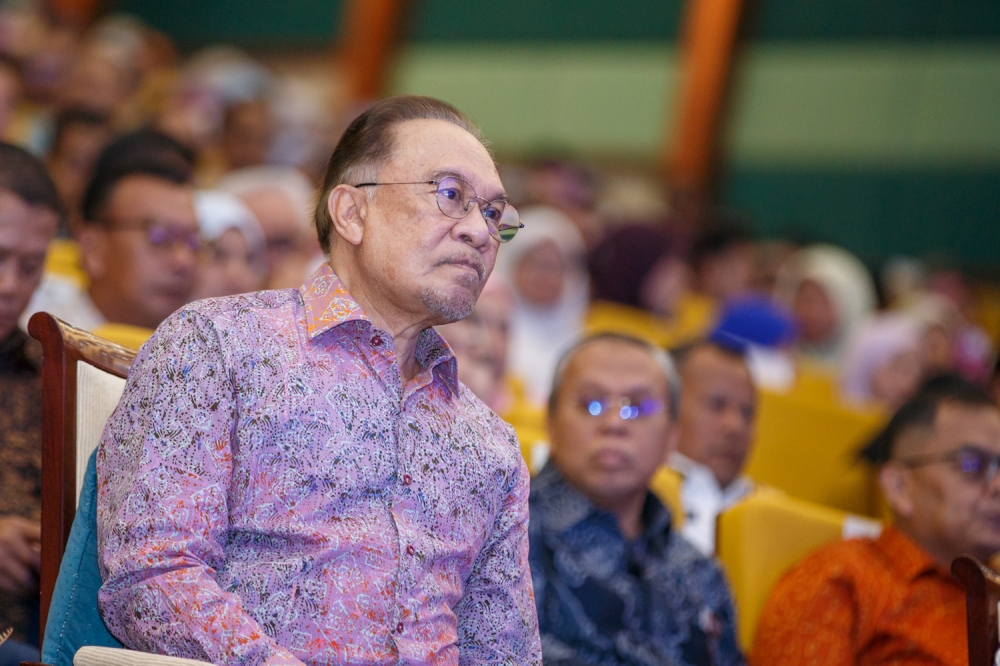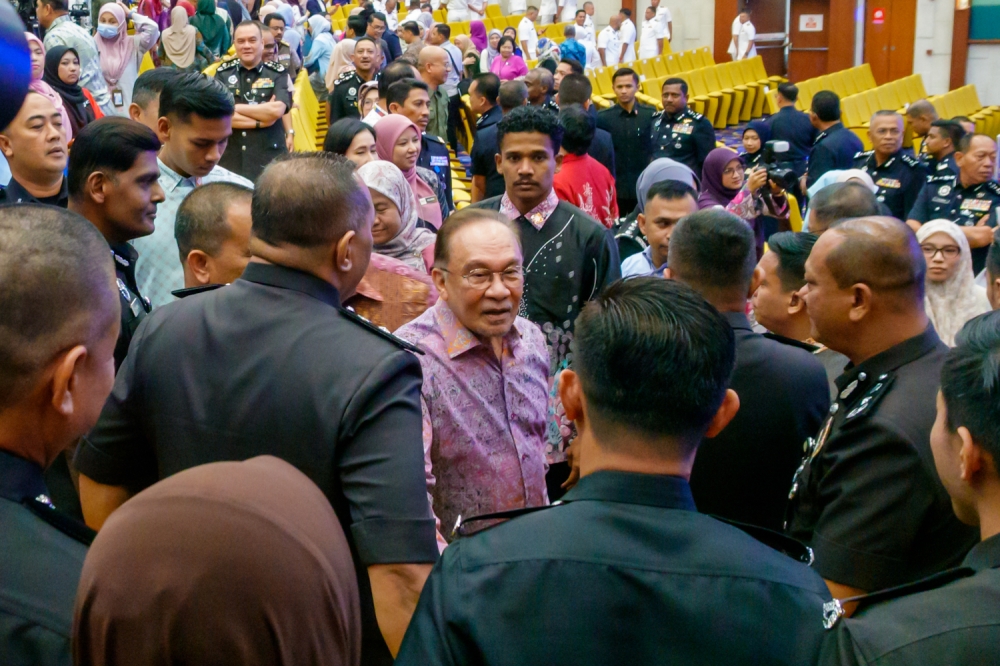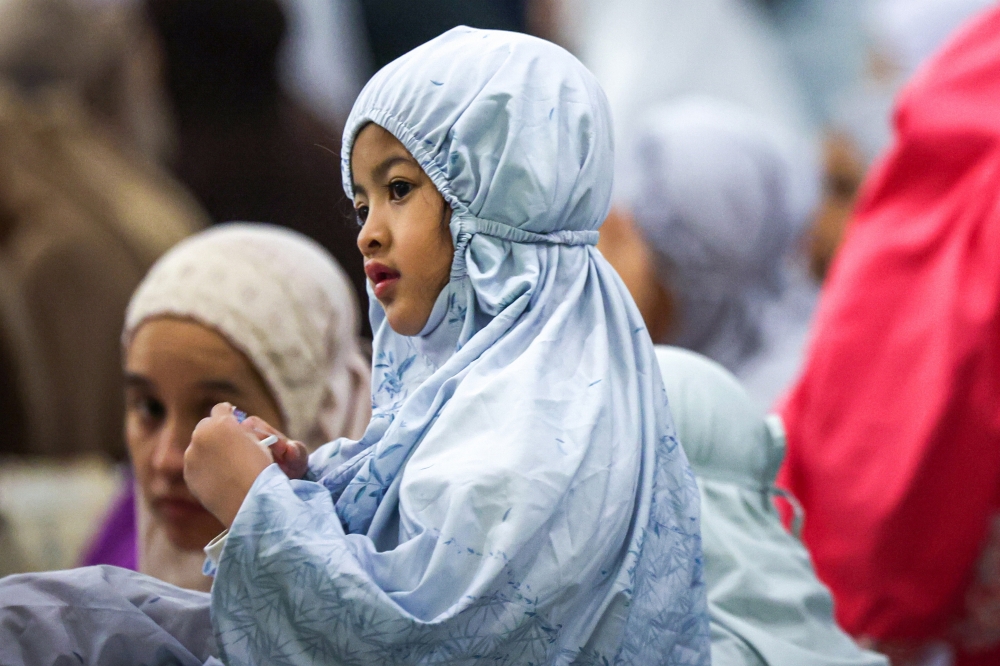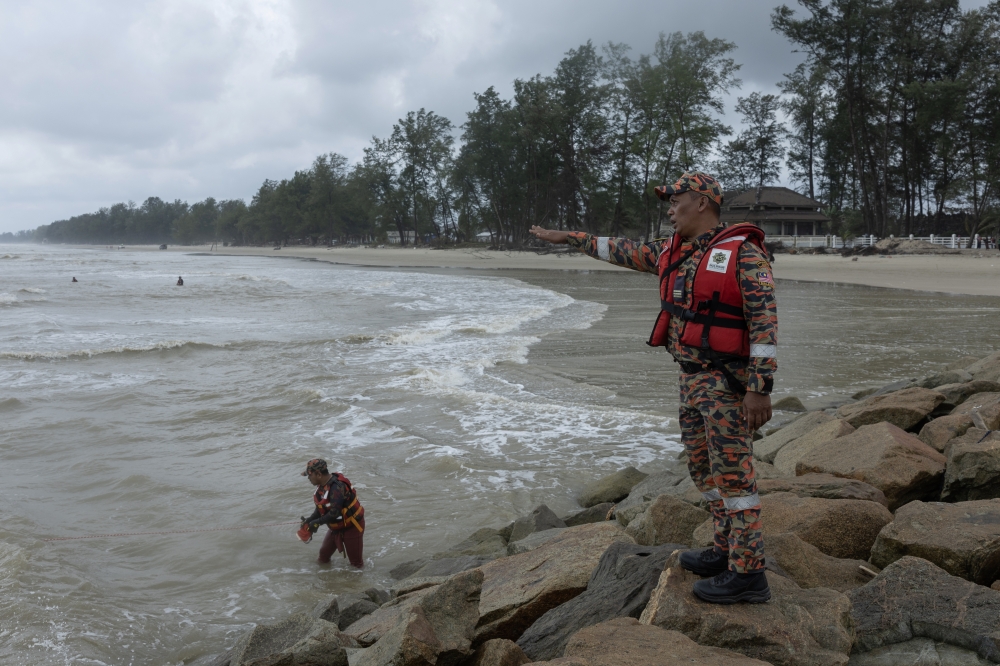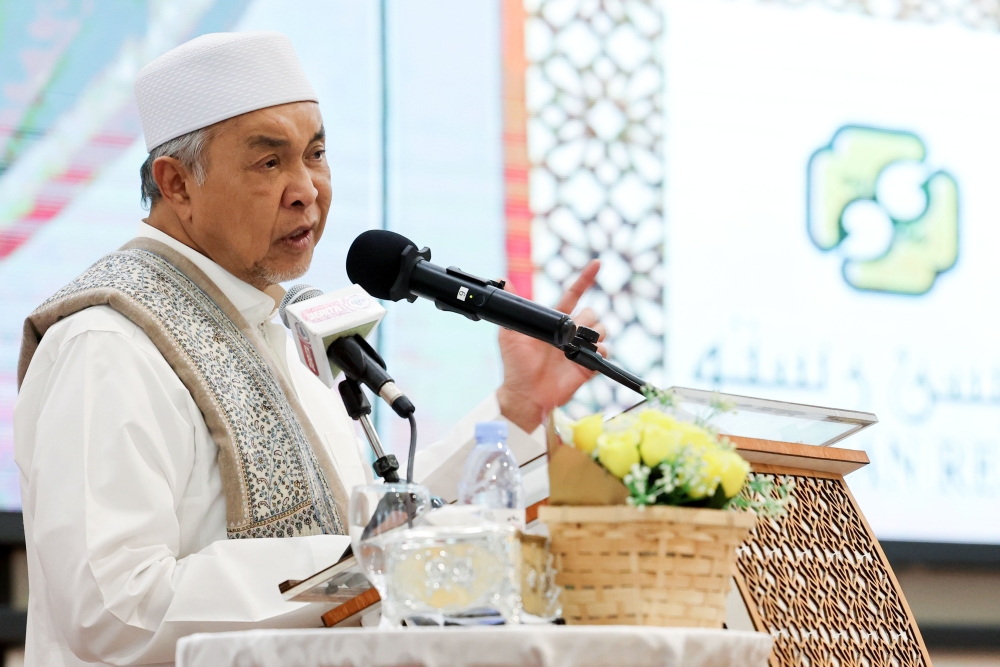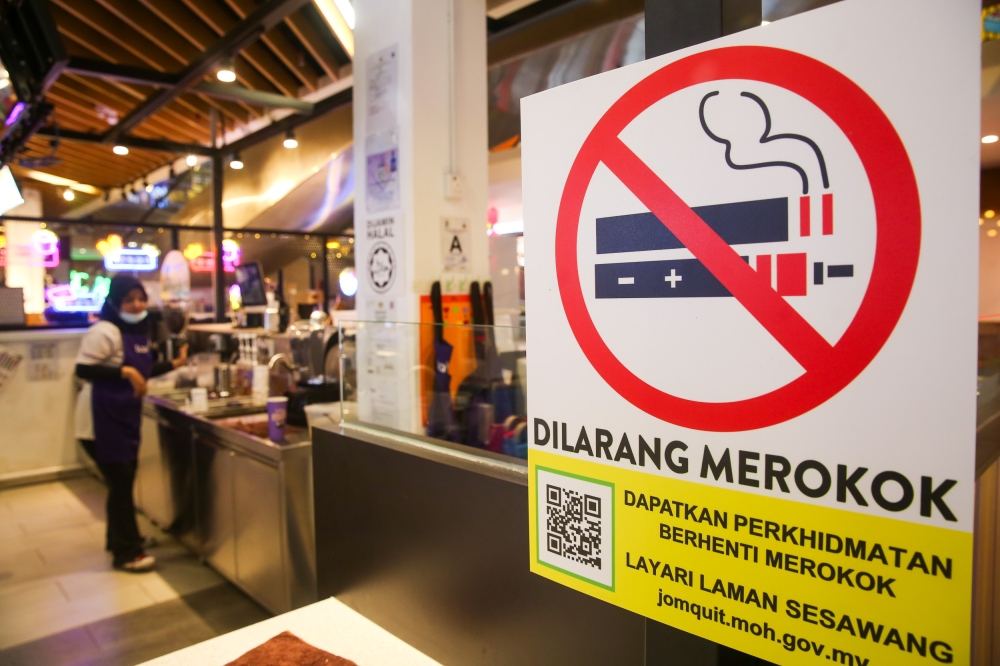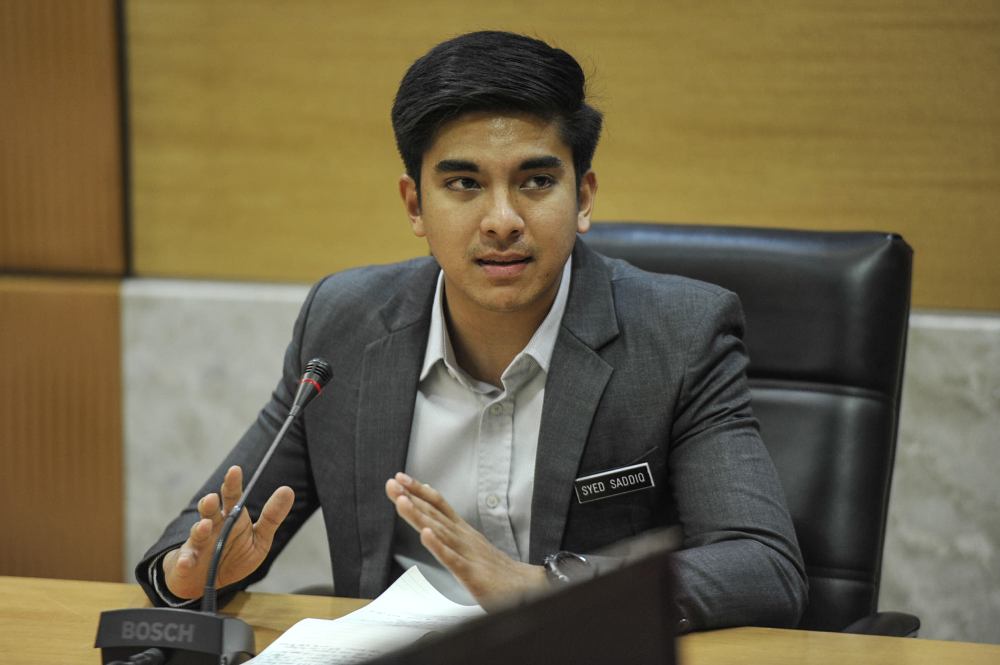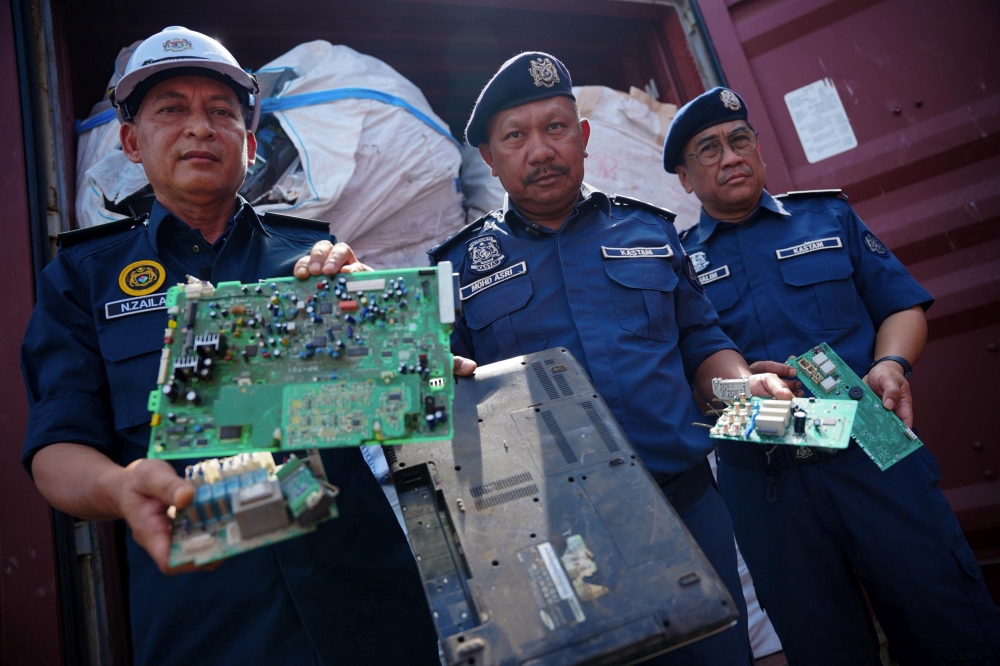KUALA LUMPUR, Nov 18 — Glove makers in Malaysia who have earned “extraordinary profits” in the Covid-19 pandemic should be subjected to a windfall tax, Syed Saddiq Abdul Rahman said in the Dewan Rakyat today.
While debating the proposed Budget 2021, the Muar MP urged the government to have the courage to tax companies like Top Glove, which he said could be used for the public good.
“My proposal is for the government to introduce a windfall tax on rubber glove companies in Malaysia that have enjoyed profits by many folds in the Covid-19 season,” he said.
He pointed out Top Glove’s RM1.9 billion profit for the 2020 financial year or a 417 per cent jump from previously and Supermax’s RM789.5 million net profit in the first quarter of 2020 which represented a 32-fold increase year-on-year.
Syed Saddiq said the RM400 million commitment from Malaysia’s top four glove manufacturers to fight the coronavirus was insufficient, especially when the vaccine — when available — is expected to cost RM3 billion.
He claimed a windfall tax on glove makers could gain the government RM4.8 billion in revenue that can be used to benefit Malaysians, especially those on the front lines.
“It’s not that we want to punish, but when they get extraordinary profits, when people are suffering, only because of the Covid-19 pandemic, they have not only a moral responsibility but also a legal responsibility to return that money for the use of the public to face Covid-19 too,” he said.
Syed Saddiq cautioned that failure to impose the windfall tax could subject the government to public scrutiny and speculation of reluctance.
“Because later, many outside will ask why suddenly they are afraid of mega companies, is it because they think election is nearing, if we don’t impose this tax, in the end, the tauke (boss) can give big contributions to political parties? The public will ask,” he claimed.
The former youth and sports minister also suggested lower tuition fees for college and university students, noting complaints that many were learning remotely instead of in campus as the virus had forced many to stay home.
“Not only that, not only because they are not using the facilities in universities, they have to pay for the cost of internet at home. At the same time there are many decisions done at the last minute,” he said.
As for the RM300 million allocation announced by the government for operators of private institutions of higher learning, Syed Saddiq questioned why such operators are not reducing their study fees, stressing that this is unfair.
“The government should put preconditions, if you get this aid, reduce the cost of university tuition fees, both in public and private institutions of higher learning,” he said.
While thanking the government for allocating RM150 million for laptops for the youths, Syed Saddiq highlighted that the previous Barisan Nasional government had also allocated RM400 million to provide “1Malaysia” laptops for free but said such laptops did not last long beyond a few months’ use.
“That’s why I hope this allocation will be used as best as possible, carry out open tender, pick the best, make sure our youths get quality laptops, not as was practised before this,” he said.
In Budget 2021, the government had announced a RM150 million allocation via contributions from government-linked companies and government-linked investment companies to Tabung Cerdik to provide laptops for 150,000 students in 500 schools as a pilot project to be supervised by Yayasan Hasanah.
Syed Saddiq also criticised the Perikatan Nasional government for removing funds from Opposition MPs, urging for the RM3.8 million allocation per lawmaker to be restored to enable them to help the public during the Covid-19 pandemic.
Syed Saddiq said such funds would enable Opposition MPs to help the needy, such as by giving out free laptops to students or food baskets to the poor.
He pointed out that the previous Pakatan Harapan government had given allocations to Kelantan and Terengganu despite these states being ruled by then opposition parties, as well as how he had as youth and sports minister then decided to let Kelantan host the Sukma Games despite it being an opposition-ruled state.
In the same debate speech, Syed Saddiq also thanked the Yang di-Pertuan Agong for rejecting the government’s bid for an emergency declaration in Malaysia, saying: “My advice to the government, there’s no need for us to kill democracy to stay in power. There is a middle way we can take.”
In suggesting the middle way approach to the Budget 2021, Syed Saddiq said the government could have a dialogue with opposition leaders to get the government expenditure plans approved via a confidence and supply agreement, or to present a unity budget incorporating improvements suggested by the opposition MPs while retaining the good aspects of the budget drafted by the government.
Besides Syed Saddiq, Setiu MP Shaharizukirnain Abd Kadir from PAS had earlier today in his budget debate proposed that the government give tax exemptions to entrepreneurs, while also suggesting that the government then introduce a windfall tax to make up for losses in tax revenue from the exemption to entrepreneurs.
“I propose tax exemption be given to small entrepreneurs especially small and medium enterprises. Because with tax exemption, small businesses can reduce the prices of their goods and attract more buyers. Because of high tax, traders are forced to put high prices.
“Windfall taxes can recoup those losses. I see that there is room for the government to impose higher taxes on companies that make big profits,” the Setiu MP had said.
Permatang Pauh MP Nurul Izzah Anwar, who was the last MP on the list today to debate the Budget, among other things urged for a social safety net to be in place.
While noting that MPs from both the ruling coalition and federal opposition agree with the increase in the government budget and the increase in the government debt limit to help Malaysians cope with the challenges brought about the Covid-19 pandemic, Nurul Izzah said the condition would be that such funds are aimed at addressing the Covid-19-related challenges instead of being for political purposes.
“We have already proposed to not focus only on pork-barrelling projects, it can be reduced, because the construction sector doesn’t help the public who need cash on hand. So I think it is important for the Finance Ministry to think of how to increase the wage subsidies and cash programmes including contributions (caruman),” she said.
Pork barrel politics or pork barrel spending is a term that refers to the use of government funds on specific projects with the aim of winning voter support.





